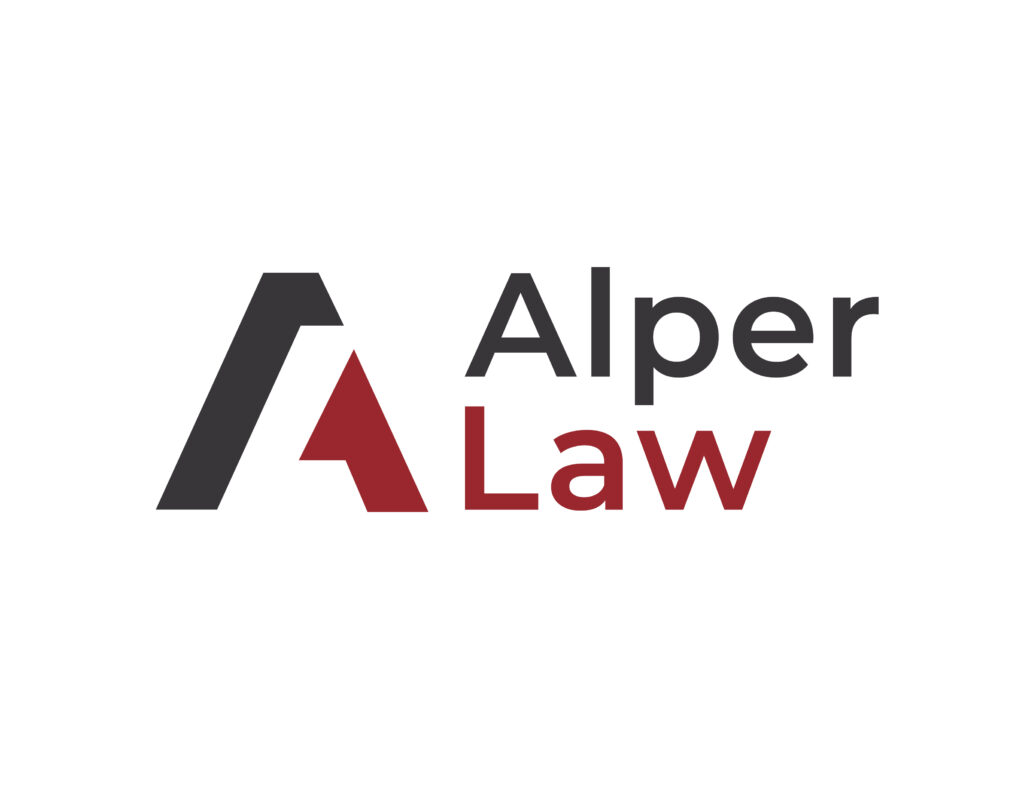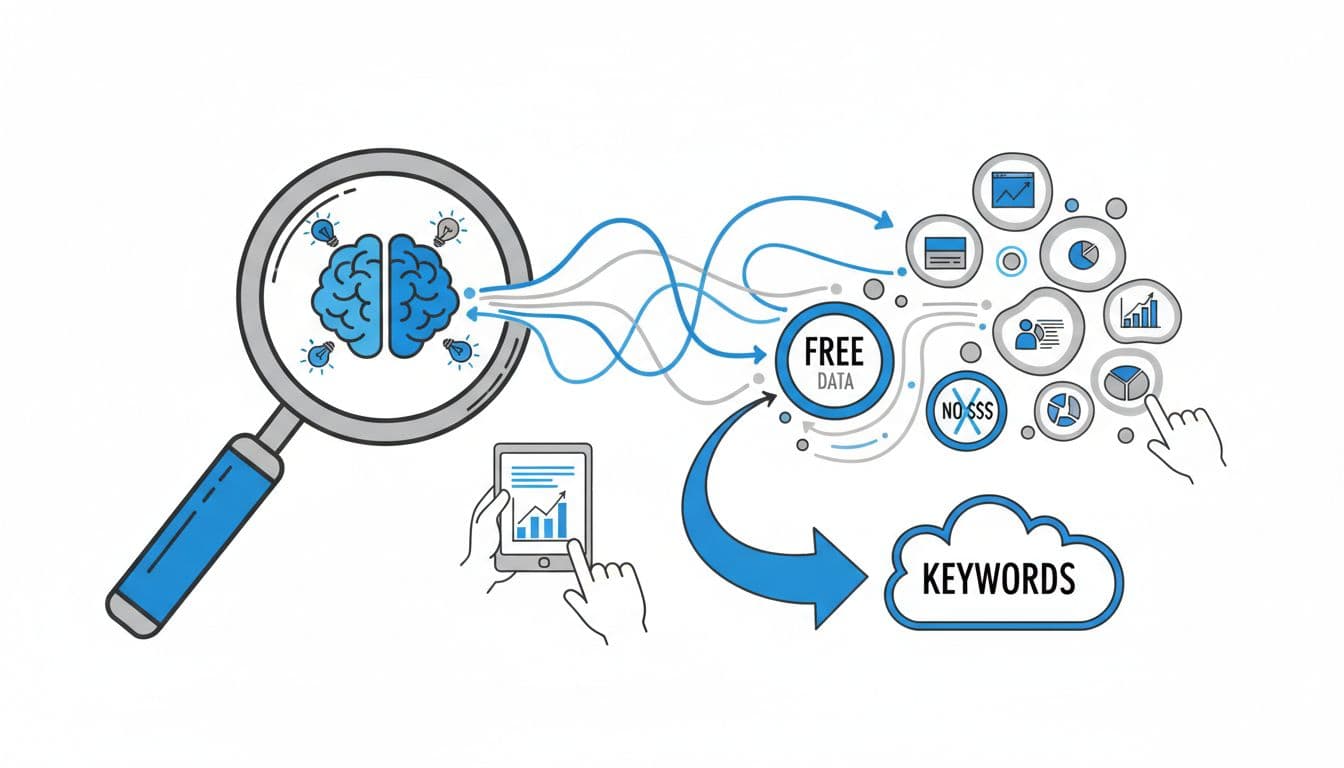The goal of asset protection is not to hide assets or avoid legal responsibilities. It’s to make it more difficult for creditors to seize your assets should a lawsuit or other legal claim arise.
Proper asset protection can give you peace of mind, knowing that your hard-earned wealth is shielded from lawsuits and creditors.
Why Timing Is Critical in Asset Protection
The timing of your asset protection plan is one of the most important factors in its effectiveness. Asset protection is less effective if you begin transferring assets or implementing protection strategies after a lawsuit has already been filed or when creditors actively pursue claims. Courts tend to view such actions as fraudulent, and any transfer to shield assets in these situations can be undone without proper planning.
To protect your assets effectively, it is easiest to act before any legal trouble arises. The earlier you start, the more options you will have to create a comprehensive plan.
Most Common Tools Used for Asset Protection
Several legal tools and structures are available to help you protect your assets, each with its own advantages and limitations. The best approach depends on your specific situation, including the type and value of your assets, your risk level, and your long-term financial goals.
1. Limited Liability Companies (LLCs):
An LLC is a common and effective way to protect personal assets from business liabilities. When you form an LLC, your personal assets are generally shielded from business-related lawsuits or debts.
However, it’s important to properly maintain your LLC and avoid mingling personal and business assets to prevent creditors from “piercing the corporate veil.”
2. Irrevocable Trusts:
Irrevocable trusts are powerful tools in asset protection, as they allow you to transfer assets out of your personal ownership, making them inaccessible to creditors.
Once assets are placed in an irrevocable trust, they are no longer considered yours. However, the key to irrevocable trusts in terms of asset protection is that you must relinquish control of the assets, which may be a drawback for some individuals.
3. Florida Homestead Exemption:
If you live in Florida, the state offers the most generous homestead exemption in the country. Your primary residence is protected from most creditors under Florida’s homestead laws, meaning it cannot be forcibly sold to satisfy a creditor’s claim. In other words, if a creditor sues you, they cannot get your home.
4. Retirement Accounts:
Retirement accounts, such as 401(k)s and IRAs, are protected from creditors in most states, including Florida. These accounts are typically protected under both state and federal laws.
5. Joint Accounts:
For married couples, some states offer tenancy by the entireties ownership. When property is owned as tenants by entireties, the assets are protected from creditors of one spouse alone. This makes joint marital property a simple, yet powerful form of asset protection.
Mistakes in Asset Protection Planning
One of the most common mistakes in asset protection planning is engaging in fraudulent transfers—moving assets after legal trouble has begun. Such actions can be reversed and may get other people involved in your legal issues.
Another common mistake is overcomplicating your plan. Creating unnecessary legal entities, using offshore accounts that aren’t warranted, or constantly shifting assets can make your financial situation difficult to manage and may raise red flags in a legal dispute. Asset protection works best when it is simple, legally sound, and tailored to your needs. Not everyone needs the most complicated asset protection plan.
Publisher: Source link












